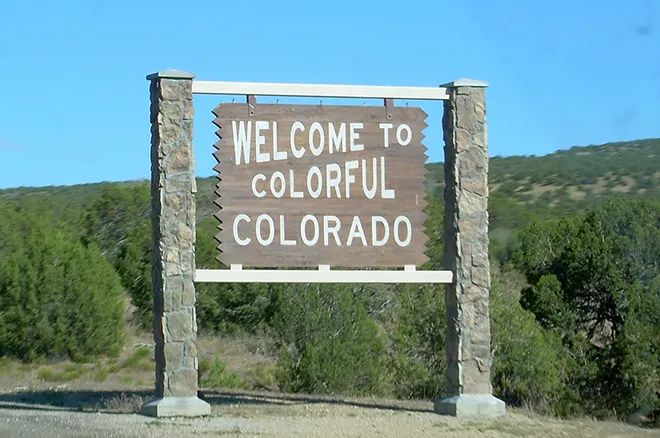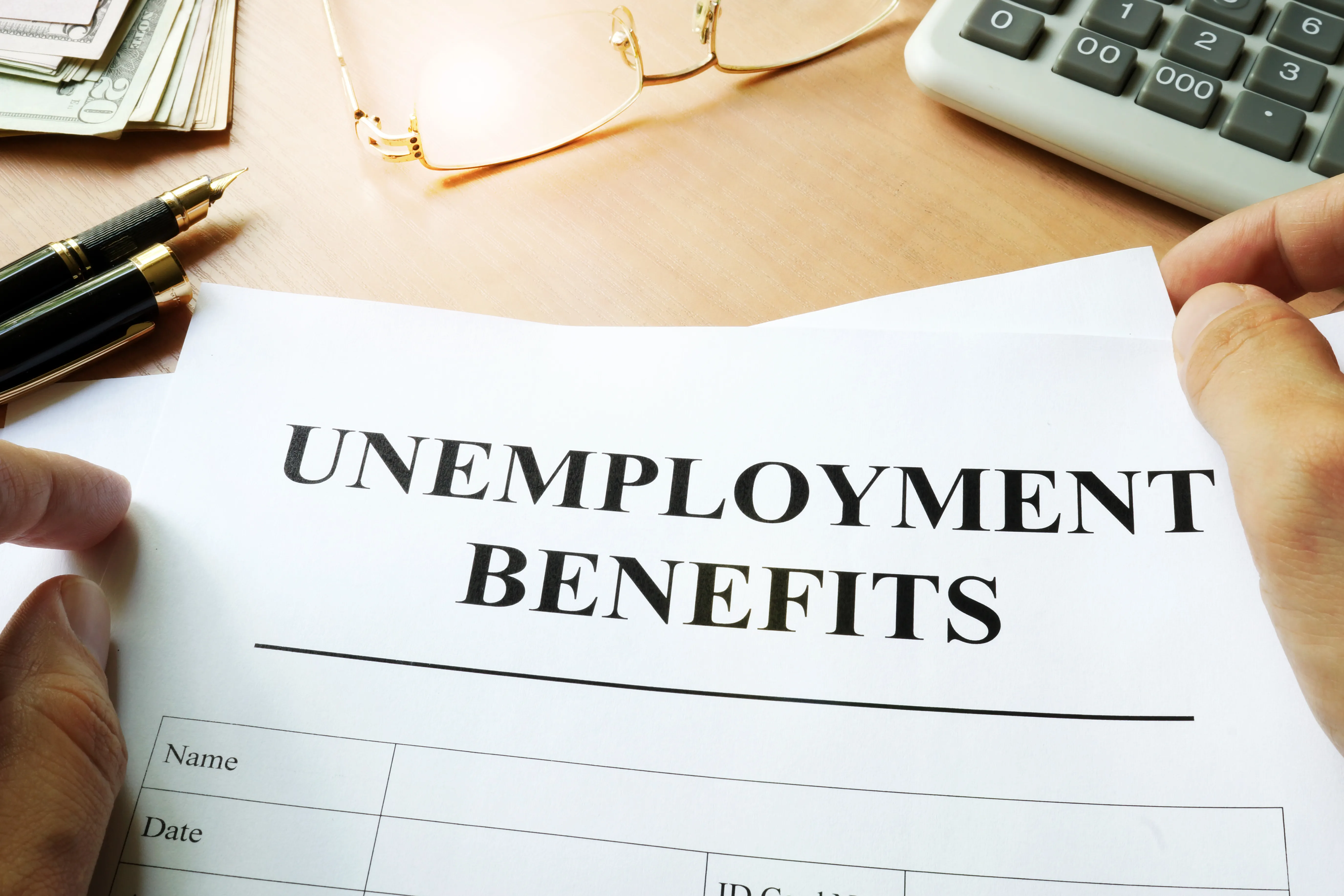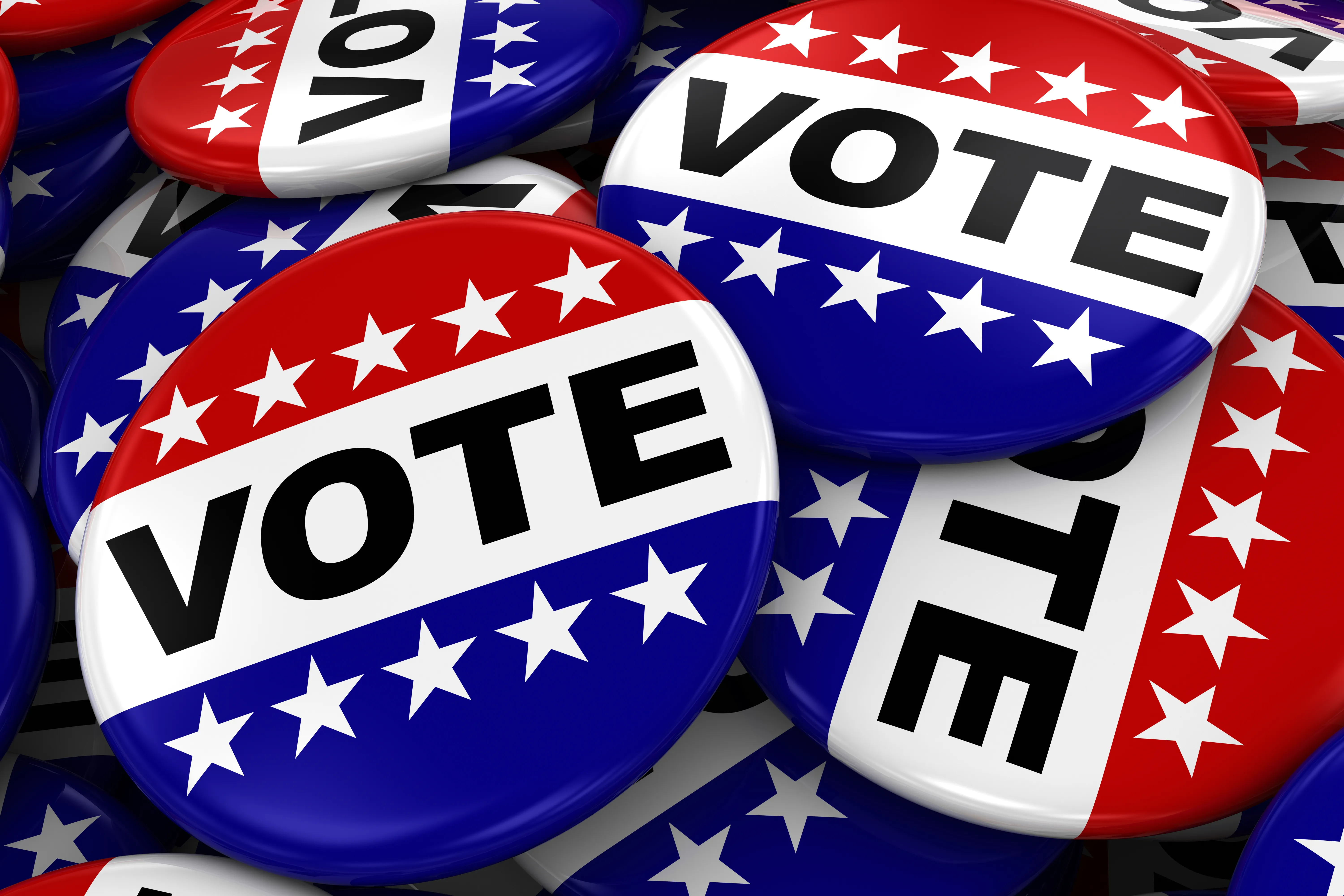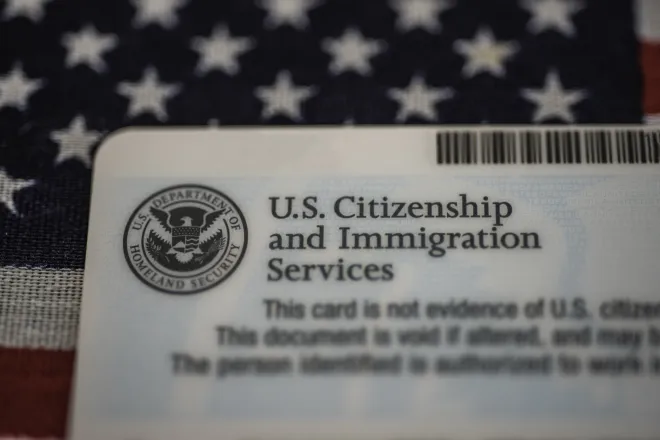
Noted economists disagree on coronavirus response, impact of stimulus
Over the past two weeks, more than 100 million Americans have woken up to a strange world in which the government shuttered many businesses.
Two economists talked to The Center Square regarding the response to the novel coronavirus pandemic.
Donald Boudreaux is a professor of economics at George Mason University. He says the response is “way over the top.”
“When people are in full panic mode, they don’t make rational decisions,” Boudreaux said.
While some steps might be justified and people are rightly concerned to want to prevent the spread of COVID-19, he said that shutting down whole states is absurd.
“It is creating an economic problem that will swamp whatever the medical problems that would have otherwise been caused by the spread of COVID-19,” he said.
Boudreaux says shutdowns restrict the production of goods and services – the reason why Americans have had such a high standard of living.
“The inescapable reality is this: if the size of the physical pie shrinks because less of it is produced, the government has less of it to redistribute,” Boudreaux said. “And people in society have less of it to spend their income on.”
He says the federal government’s solution, stimulus spending, won’t work anywhere near as well as believed to have worked before, if at all because so many businesses are shut down.
“We have a unique situation in which the government, while on the one hand trying to encourage consumption with stimulus spending, is on the other hand, trying to discourage the production of things on which those stimulus funds can be spent,” Boudreaux said.
Another economist is more optimistic and advocated for government assistance to keep small businesses solvent that may not otherwise return.
Hillsdale College Economics Professor Gary Wolfram said the decision comes down to cost and benefits, which aren’t clear.
“If we don’t shut down the economy and 5 million people die as a result, then there’s going to be a huge economic cost to that,” he said.
Wolfram recommended the federal government borrow a couple trillion dollars and sell 30-year treasury bonds to spread the cost of the program, and then give a direct payment or loans to small businesses that are forgiven if they keep employees on for eight weeks.
“I’m pretty free-market. I wrote 'A Capitalist Manifesto,' Wolfram said. “I’ve taught at Hillsdale College for 30 years.
“But I think this is a Black Swan event,” he added. “We’re not setting a precedent here.”
Right now, Wolfram said second-quarter estimates are projected to decline near 20 percent of gross domestic product (GDP) on an annualized basis.
That would be one of the largest one-quarter drops ever, he said, and the unemployment rate will likely double to 7 percent.
“If we’re talking about now [the federal debt] is going to be $26 trillion instead of $24 trillion, and if that $2 trillion reduces unemployment by a half, then we’re better off,” Wolfram said.
He said that we should have been dealing with the national debt.
But the addition to the total debt is small, particularly given much larger, unaddressed unfunded liabilities in Social Security and Medicare, he said.
“I think we need to spend $2 trillion to save the small businesses,” Wolfram said. “Half of all people in the United States are employed by small businesses, and a number of people are self-employed.”
He said the economy will recover.
“Even with a drop of 20 percent GDP on an annual basis, we should start having positive GDP by the third quarter,” Wolfram said.
















